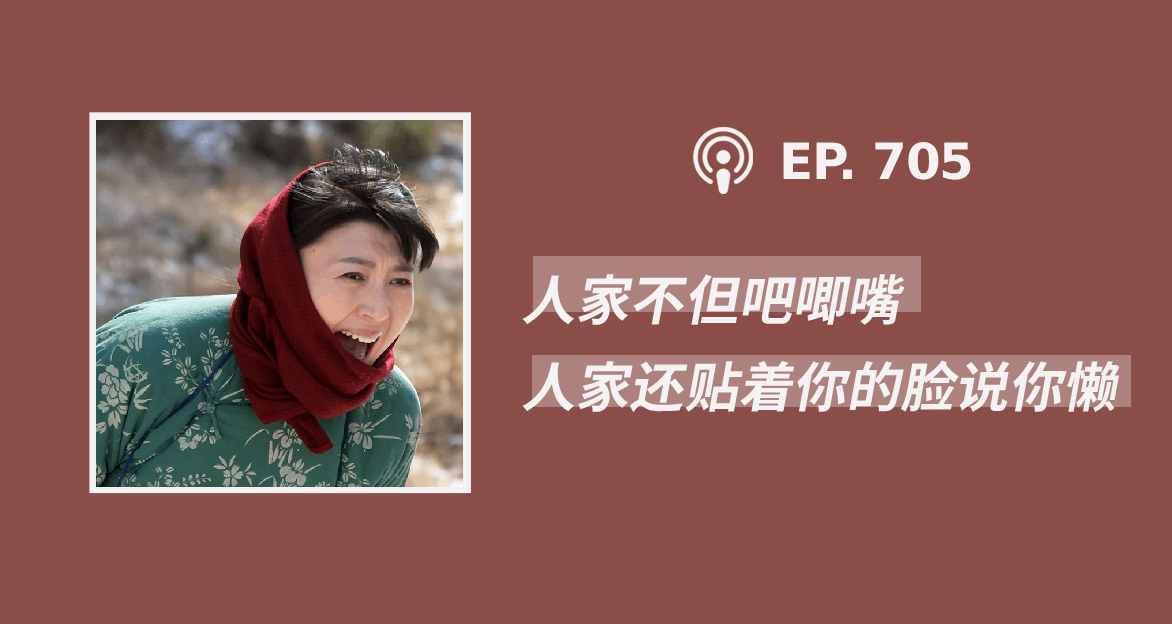Human Cost
China’s government has faced public outrage before over
tragedies that exposed the human cost of China’s explosive growth. They
included the May 2008 Sichuan earthquake, in which thousands of children were
crushed by poorly built schools, and tainted milk that sickened almost 300,000
babies later the same year.
What’s different this time is the public scrutiny on
weibo meant the government “lost control of the story line,” says Patrick
Chovanec, a professor at Tsinghua University’s School of Economics and
Management in Beijing.
“The crash isn’t the problem as much as the government’s
response, which is seen to be patronizing and not credible,” he says. “People
just weren’t buying it.”
Middle Classes
The outrage over the crash has a very middle class tone
to it, says Wedeman of the University of Nebraska-Lincoln. China has pulled
more than 500 million people — almost a quarter of the population — out of
poverty since China began economic reforms in 1978, according to a United
Nations estimate.
“They’re angry about the quality of the train and the
cover-up,” Wedeman says. “China’s professionals, the beneficiaries of reform,
who should be rock solid in their support for the regime, are beginning to question
the ability of the government to furnish a better life.”
In all, China’s high-speed rail suffered 168 glitches in
July, the 21st Century Business Herald reported Sept. 5, citing a separate
Railways Ministry internal report.
Some of those failures may be related to corruption, says
Siva Yam, president of the U.S.-China Chamber of Commerce in Chicago. Railways
Minister Liu Zhijun, who
championed the high- speed network, was fired early this year over corruption.
The ministry has a virtual monopoly, as many employees as the U.S. government
and its own court system.
Great Leap Mentality
“Liu had this great-leap mentality and he wanted to roll
out this system much faster than they should have,” says Damien Ma, China
analyst at Washington-based Eurasia Group. “They did a lot of scrimping.” Liu
couldn’t be reached for comment.
Wang says she hopes the government report on the accident
will fix blame and prevent future accidents.
“When we have the truth, my husband’s soul can rest and
the whole family can have a little comfort,” Wang says from her home in
Lianjiang in Fuzhou, 368 miles (592 kilometers) south ofShanghai. “Give us some guarantee that the
lives of ordinary Chinese are safe.”
The widow and her late husband exemplify China’s economic
transformation. Hailing from Xuzhou in northern China, Wang moved to the
southwestern coastal town of Xiamen, across the strait from Taiwan, to work on
cruise ships. Zheng was her colleague.
They married in 2005 and moved to Zheng’s hometown of
Lianjiang and he started a foot-massage business, eventually expanding into
restaurants and Internet cafes. Over those six years, per-person annual income
for China’s city dwellers almost doubled to more than 19,000 yuan.
Good Life
“He promised me a good life,” Wang says. The couple
vacationed at beach resorts on Hainan Island, off China’s southern coast, and
visited Beijing to see Tiananmen Square. Two years ago, Zheng bought a black
Buick luxury sedan. When a daughter arrived, they nicknamed her Tangtang, or
Sweetie, and Wang became a stay-at-home mom.
“I didn’t have to worry about money,” she says. Wang
shows the last photo she has of her husband, taken with her iPhone in the
People’s Square in Lianjiang on July 19. In it, Zheng is wearing jeans, black
T-shirt and flip-flops, bending next to Tangtang, whose hair is swept off her
face with barrettes. He’s pointing to Wang.
Car Crushed
Zheng left that night, Wang says. Instead of driving, as
he usually did, he opted to take the bullet train.
Four days later, Zheng called his wife, who was attending
a wedding with Tangtang, to say he was heading home. His seat was near the back
of the last-but-one car, the ticket found on his body showed.
At about 8:40 p.m., Wang remembers, Tangtang started
screaming and crying. They had to leave the wedding early.
What she didn’t know was that 10 minutes earlier, another
train, traveling more than 100 kilometers per hour, slammed into Zheng’s train. The impact knocked three rail cars off a
viaduct and another hanging over the side.
On her way home from the wedding, Wang got a call from
the family of a friend who was traveling with Zheng informing her of the
collision. The friend had tried to find Zheng in the chaos but couldn’t.
Wang says she tried Zheng’s phone. No answer. He probably
lost his phone in the accident, she remembers thinking.
‘The Sky Collapsed’
Early on July 25, Wang was driven by relatives to
Wenzhou. When they reached the highway exit, she received a call telling her to
go to the morgue not a hospital, as she had believed.
“It felt like the sky collapsed on me,” Wang says.
The dead included two schoolgirls, an Italian tourist and
a pregnant woman who was killed with four family members, according to accounts
in the Chinese press.
On July 29, Chinese media received an order from national
authorities to “calm down” coverage. They were told to focus on positive news
or information from the authorities, according to a copy seen by Bloomberg
News.
The Economic Observer, a Beijing-based national business
weekly, was among publications that defied the gag order, printing an open
letter to the rescued orphan Xiang on its August 1 front page starting “Dear
Yiyi,” which said:
“This country has created one economic miracle after
another. They claim that’s for people’s benefit, but wouldn’t slow down to
listen to the living beings.”
Critical Mass
Journalists posted images online of newspaper pages that
were spiked because of the government directive. They were later deleted. The
Communist Party’s publicity department, which oversees China’s media, didn’t
answer faxed questions about the directive.
Whether this outpouring of anger will result in greater
transparency from the government or a tighter crackdown is an open question,
says Elizabeth C. Economy, director for Asia Studies at the Council on Foreign Relations in New York.
“Does all the chatter build to critical mass?” Economy
says. “I’m a firm believer that the day will come.”
For all her discontent, Wang Hui accepted the
compensation offer after she was repeatedly visited by unidentified officials.
On Aug. 2, one group came to her hotel in Wenzhou to offer condolences and
muttered audibly about potential problems with her husband’s body because it
wasn’t refrigerated, she says.
No Choice
“I felt that I had done things that hurt my husband,” she
says, tears rolling down her cheeks. “As if I were the one discussing
compensation using his body.”
There was no choice but to sign, she says. Huang Leping,
a Beijing attorney Wang had consulted, said she had little chance of winning if
she sued the ministry.
Victims in such cases are often helpless because China’s
courts may not hear the cases and lawyers are warned away from representing
them, says Jerome Cohen, a professor of law at New York University who
specializes in China legal issues.
Those who continue to protest for greater justice also
risk recriminations. Zhao Lianhai, whose son was poisoned by milk contaminated
with melamine, was jailed after he tried to organize other parents to campaign.
He’s since been freed.
Wang says she just wanted to ensure her husband was cremated
so she could take his ashes back home.
When she collected his body, there was one thing missing:
Zheng’s silver Audemars Piguet wristwatch. He’d planned to give it to Tangtang
when she got older. Only a mark remained on the wrist where it was, Wang says.
The police told her it must have been lost in the crash, she says. She thinks
it was stolen.
“When my daughter grows up, what can I say to her?” Wang
says. “Her dad is gone. Just like that. Leaving her nothing but a watch, which
nobody knows who took.”
Since the accident, Tangtang has become clingy and likes
to open her parents’ wedding album, Wang says. When she sees her daddy’s
picture, she kisses it.
Wang kept her husband’s last train ticket.
“It feels as if he’s still on a business trip,” she says.
On Aug. 22, a day before the one-month anniversary of
Zheng’s death, the widow commemorated his 35th birthday.
She bought him some new clothes.
–Wenxin Fan, Bob Ivry. With assistance from Jasmine Wang
in Hong Kong, Henry Sandersonin
Beijing and Margaret Conley in Shanghai. Editors: Neil Western, Melissa
Pozsgay.
To contact Bloomberg News staff for this story:
Wenxin Fan in Shanghai at +86-21-6104-3045 or wfan19@bloomberg.net;
Bob Ivry in New York at +1-212-617-5157 or bivry@bloomberg.net.
To contact the editors responsible for this story:
Melissa Pozsgay atmpozsgay@bloomberg.net;
Gary Putka at gputka@bloomberg.net.
本文由自动聚合程序取自网络,内容和观点不代表数字时代立场













